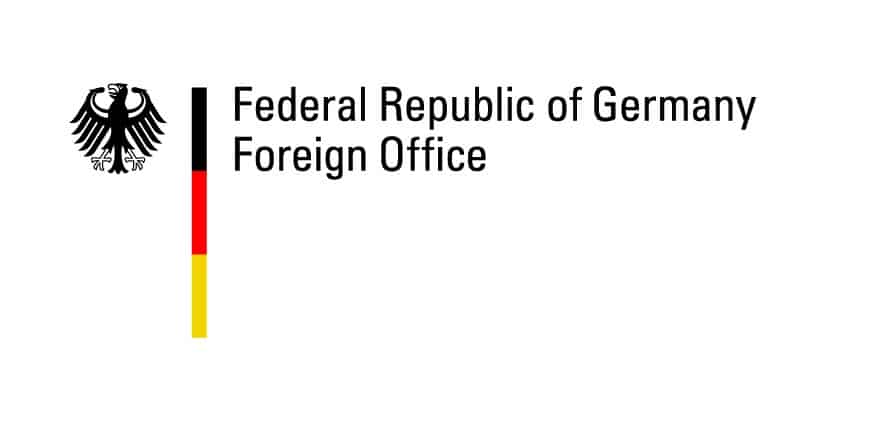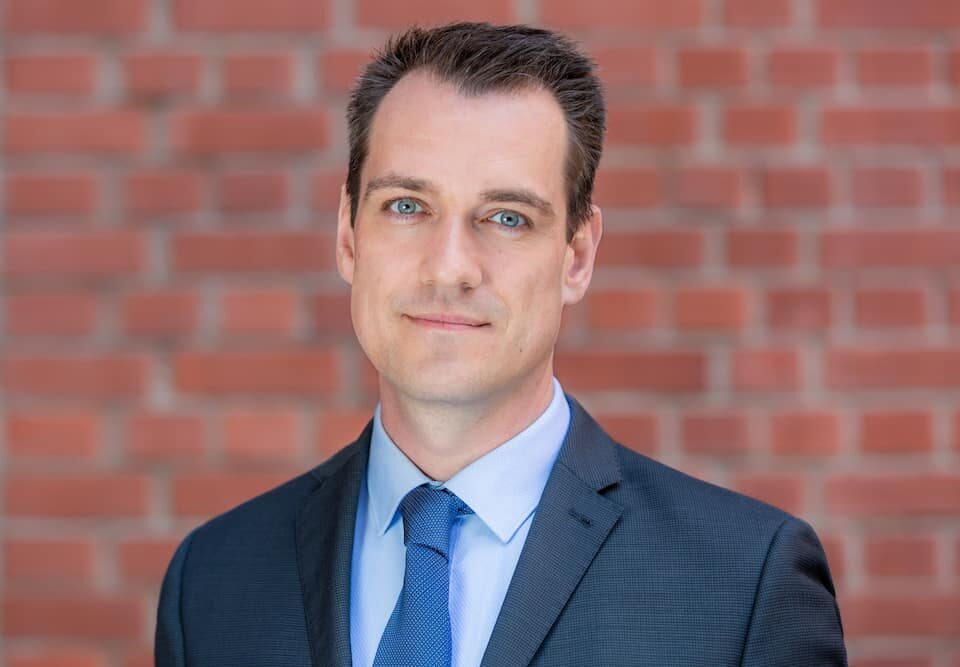Strengthening the Rule of Law and Democratic Principles in Sri Lanka in Times of Crisis
Institutions such as the judiciary, parliament, lawyers and fourth branch institutions like the Human Rights Commission of Sri Lanka (HRCSL), play a significant role during moments of crisis. They provide essential checks and balances on the exercise of executive power, have a mandate to hold the executive accountable for mismanagement, and can legally require (or morally persuade) the executive to act when there are omissions. This necessitates, among other things, that these key stakeholders develop the resilience, skills and competencies to understand their constitutional and legal role during such moments of crisis, as agents of resilience, change and stabilisation. The Foundation aims to contribute to Sri Lanka’s stabilisation and thus, the rule of law and democratic principles, by promoting the ability of stakeholders to perform these functions in line with the country’s domestic and international legal obligations.
Building on strong partnerships formed during previous projects, the Foundation will continue to work with the Sri Lanka Judges’ Institute and the Bar Association of Sri Lanka during this project. Several capacity building activities designed to advance the knowledge and skills of lower court judges and lawyers to uphold and promote human and fundamental rights during times of crisis will be convened. Further, in an expansion of its previous partnership, the Foundation and the Sri Lanka Judges’ Institute, in collaboration with the Gilbert + Tobin Centre of Public Law at the University of New South Wales, will host judicial dialogues for Justices of the Supreme Court and Court of Appeal of Sri Lanka. These dialogues will focus on judicial review in Sri Lanka and invite world-renowned experts to contribute to the discussions.
The Foundation will also work with two new partners during this project: Parliamentary Sectoral Oversight Committees (SOCs) and the HRCSL. By providing members of SOCs with technical legal assistance in the form of in-depth comparative research and expert consultations, the potential for SOCs to contribute towards stabilising the economic and social crises will be supported. Moreover, the Foundation will collaborate with the HRCSL to unpack the challenges to the rule of law, democratic principles, and human rights during times of crisis, their role in responding to such challenges, and how coordination between the HRCSL and members of civil society might advance the mandate of the Commission.
Funding

Duration
1 February 2023 – 31 July 2024
Local Partners
- Bar Association of Sri Lanka
- Human Rights Commission of Sri Lanka
- Parliament of Sri Lanka (through the Sectoral Oversight Committees)
- Sri Lanka Judges’ Institute
External Partners
News Items

Foundation implements third and final workshop on economic, social and cultural rights of Sri Lanka

Foundation conducts workshop for lawyers from the Eastern and North Central Provinces of Sri Lanka

Foundation convenes workshop for High Court Judges in Sri Lanka

Foundation implements second workshop on economic, social and cultural rights for officers of the HRCSL and civil society in Trincomalee, Sri Lanka

Foundation successfully concludes a workshop for officers of the Human Rights Commission of Sri Lanka (HRCSL)
Contact

Johannes Krusemark-Camin
Email: Phone: +49 (0)6221 91404 23 (See full profile)
